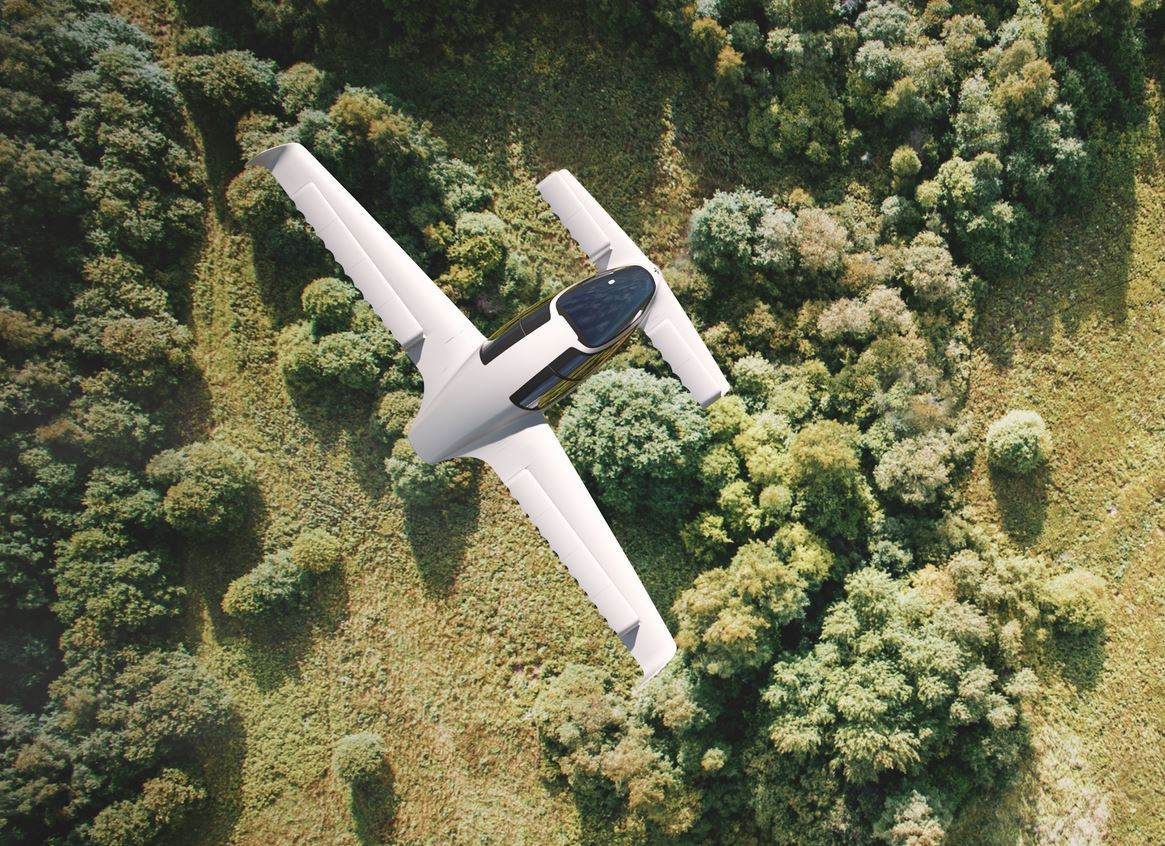German e-car pioneer takes to the skies in hybrid “Silent Air Taxi”

Clean Energy Wire: After specialising in electric vehicles, you’re now developing an air taxi. There are already some German competitors in this field – Lilium and Volocopter spring to mind. Has this topic seriously left the realm of airy ideas? Will air taxis play a significant role in the future?
Günther Schuh: As for the other projects, I don’t know. We also toy with airy ideas occasionally, but once we start something, we pull it through right to the end. I believe I have already proven this a number of times together with my Aachen campus over the past 15 years, for example with StreetScooter and e.GO. I only address a topic like this if I’m convinced that we can bring it to a successful conclusion, that it cannot only meet but also generate substantial demand in the market, that producing the machine is possible, and that it can fly.
Which use cases do you have in mind for your “Silent Air Taxi”?
We have important mobility demands for urgent medical supplies, surveillance, fighting crime, and other such missions. Accepting congestion on our two-dimensional traffic routes is much easier if you can use the third dimension in an emergency – whatever that may be.
So, you’re not advocating using the third dimension for mass transport?
It’s impossible to create a means of mass transport in the air. Using our air space can only cover about 3 to 5 percent of total mobility requirements, but it can help eliminate 50 percent of bottlenecks. This is why the third dimension is so valuable.
Above all, the use of airspace is a social issue. To be out of reach for supply or rescue, or unprotected against crime – these are no comfort issues. It’s not about having some luxury item delivered to your doorstep two hours after ordering it. That’s possible, but that’s not why I’m doing this. It’s about social services, where the third dimension is indispensable because there are too many traffic situations that don’t offer alternatives.
But we must use it in a way that doesn’t harm anyone. Today, the use of airspace harms people because it makes a lot of noise. Only a few privileged people are being transported quickly for whatever reason, and the rest only gets a massive dose of noise. But we have found a solution to this problem because our aircraft does not make noise, which means it could be a breakthrough for entering the third dimension in bottleneck situations.


